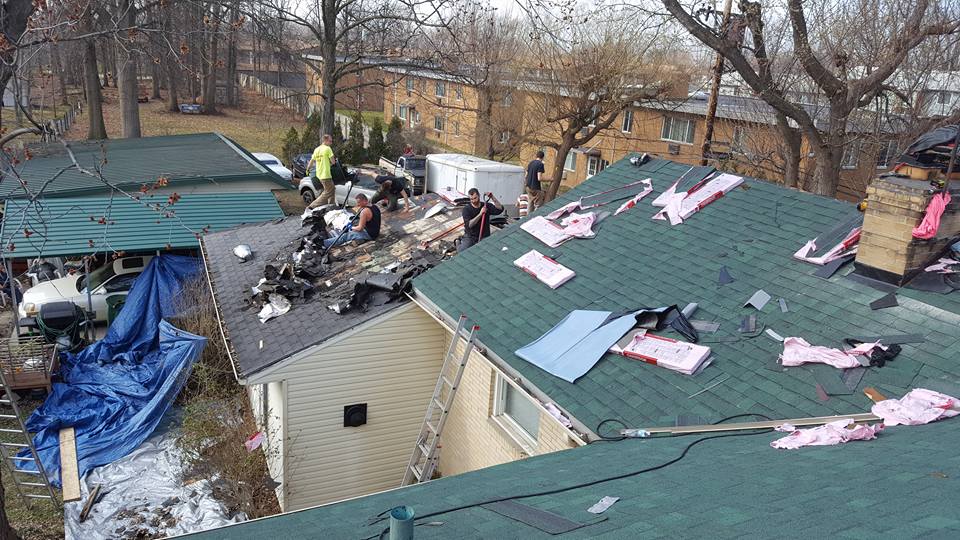A roofing contractor agreement is a legally binding document that outlines the terms and conditions between a roofing contractor and a client. It serves to protect both parties by clearly defining the scope of work, payment terms, timelines, and other essential details. Understanding the components of a roofing contract is crucial for homeowners to ensure transparency and avoid potential disputes.
1. What Is a Roofing Contractor Agreement?
A roofing contractor agreement formalizes the relationship between the contractor and the client. It specifies the responsibilities of each party, the nature of the work to be performed, and the terms under which the work will be completed. This document is essential for setting clear expectations and providing legal protection.
2. Key Components of a Roofing Contract
a. Contractor and Client Information
The agreement should begin with the full names, addresses, and contact information of both the contractor and the client. This ensures that both parties are properly identified and can be contacted as needed.
b. Scope of Work
A detailed description of the work to be performed is critical. This includes the type of roofing materials to be used, the areas of the roof to be repaired or replaced, and any additional services such as debris removal or gutter installation.
c. Project Timeline
The contract should specify the start and completion dates for the project. It may also include provisions for delays due to weather or unforeseen circumstances.
d. Payment Terms
Clearly outline the total cost of the project, payment schedule, and accepted payment methods. Include information about deposits, progress payments, and the final payment upon completion.
e. Warranties and Guarantees
Detail any warranties provided for materials and workmanship. Specify the duration of the warranties and the process for making claims.
f. Insurance and Licensing
Confirm that the contractor holds the necessary licenses and insurance coverage. This protects the homeowner from liability in case of accidents or damages during the project.
g. Termination Clause
Include terms under which either party can terminate the agreement. This should cover notice requirements and any penalties or fees associated with termination.
h. Dispute Resolution
Outline the process for resolving disputes, such as mediation or arbitration, to avoid litigation.
3. Importance of a Roofing Contract
Having a comprehensive roofing contract is vital for several reasons:
- Clarity: It ensures that both parties have a clear understanding of the project’s scope and expectations.
- Protection: It provides legal protection in case of disagreements or breaches of contract.
- Professionalism: A well-drafted contract reflects the contractor’s professionalism and commitment to quality work.
4. Tips for Homeowners
- Review Carefully: Take the time to read and understand all terms before signing.
- Ask Questions: If any part of the contract is unclear, seek clarification from the contractor.
- Keep Records: Maintain a copy of the signed contract and any related documents for future reference.
5. Conclusion
A roofing contractor agreement is a fundamental tool that ensures a successful roofing project. By clearly outlining the responsibilities, expectations, and protections for both the contractor and the homeowner, it lays the foundation for a transparent and efficient working relationship.
 (440) 307-2060
(440) 307-2060



